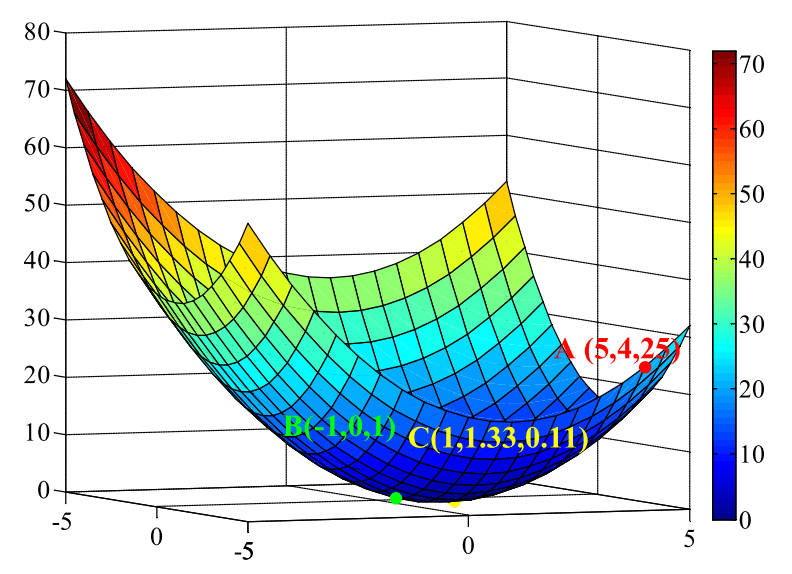Abstract
With the growing demand for emission reductions and fuel efficiency improvements, alternative energy sources and energy storage technologies are becoming popular in a ship microgrid. In order to balance the two non-compatible objectives, a new differential evolution variant, which is named as SaCIDE-r, was proposed to solve the optimization problem. In this algorithm, a Collective Intelligence (CI) based mutation operator was proposed by mixing some promising donor vectors in the current population. Besides, a self-adaptive mechanism which was developed to avoid introducing extra control parameters. Further, to avoid being trapped in local optima, a re-initialization mechanism was developed. Then, we have evaluated the performances of the proposed SaCIDE-r approach by studying some numerical optimization problems of Congress on Evolutionary Computation (CEC) 2013 with D = 30, compared with seven stateof-the-art DE algorithms. Moreover, the proposed SaCIDE-r method was applied for economic scheduling of a shipboard microgrid under different cases compared with other multi-objective optimizing methods, resulting in very competitive performances. The comprehensive experimental results have demonstrated that the presented SaCIDE-r method might be a feasible solution for such a kind of optimization problem.

